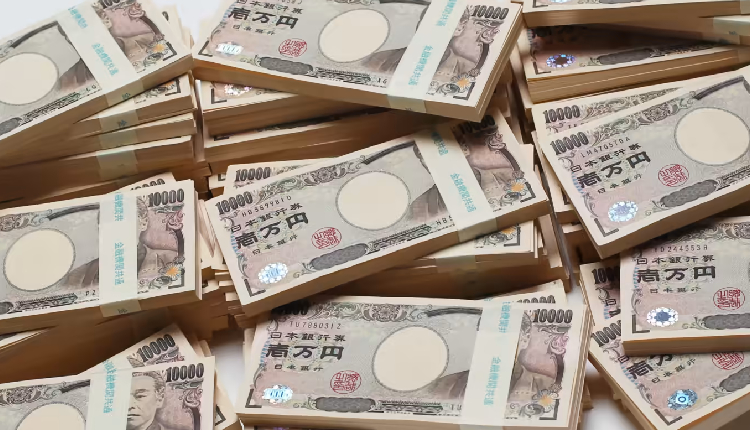Japan’s bonds yield weakest demand in 20 yrs
Japan’s government bond market is showing signs of strain as investors grapple with the aftermath of the Bank of Japan’s (BOJ) recent interest rate hike.
The auction of ¥2.6 trillion ($17.9 billion) worth of 10-year sovereign bonds on Tuesday yielded the weakest investor demand since 2003, as measured by the tail, or gap between average and lowest accepted prices.
This metric surged to 0.5 from just 0.02 in the previous month’s auction. Additionally, the average bid-to-cover ratio plummeted to 2.98, its lowest level since January.
A sharp decline in the 10-year JGB yield by 20.5 basis points on Monday – the most significant drop since 1999 – was triggered by weak US economic data and heightened risk aversion.
This turmoil led to a 12 per cent slump in Japan’s Topix and Nikkei stock indexes, primarily due to a surge in the yen that pressured exporters. While both indexes recovered some ground on Tuesday, the yen’s gains partially reversed.
As falling yields dampen investor appetite for debt, bond prices are facing downward pressure. The 10-year bond yield climbed 20 basis points to 0.95 per cent on Tuesday, while futures for 10-year bonds dropped 150 ticks to 144.56.
In response to these market developments, officials from Japan’s Ministry of Finance, the BOJ, and the Financial Services Agency are scheduled to meet on Tuesday afternoon to discuss international market conditions.
The yen has appreciated approximately five per cent against the dollar since the BOJ raised its interest rate to 0.25 per cent on July 31.
Attribution: Bloomberg











